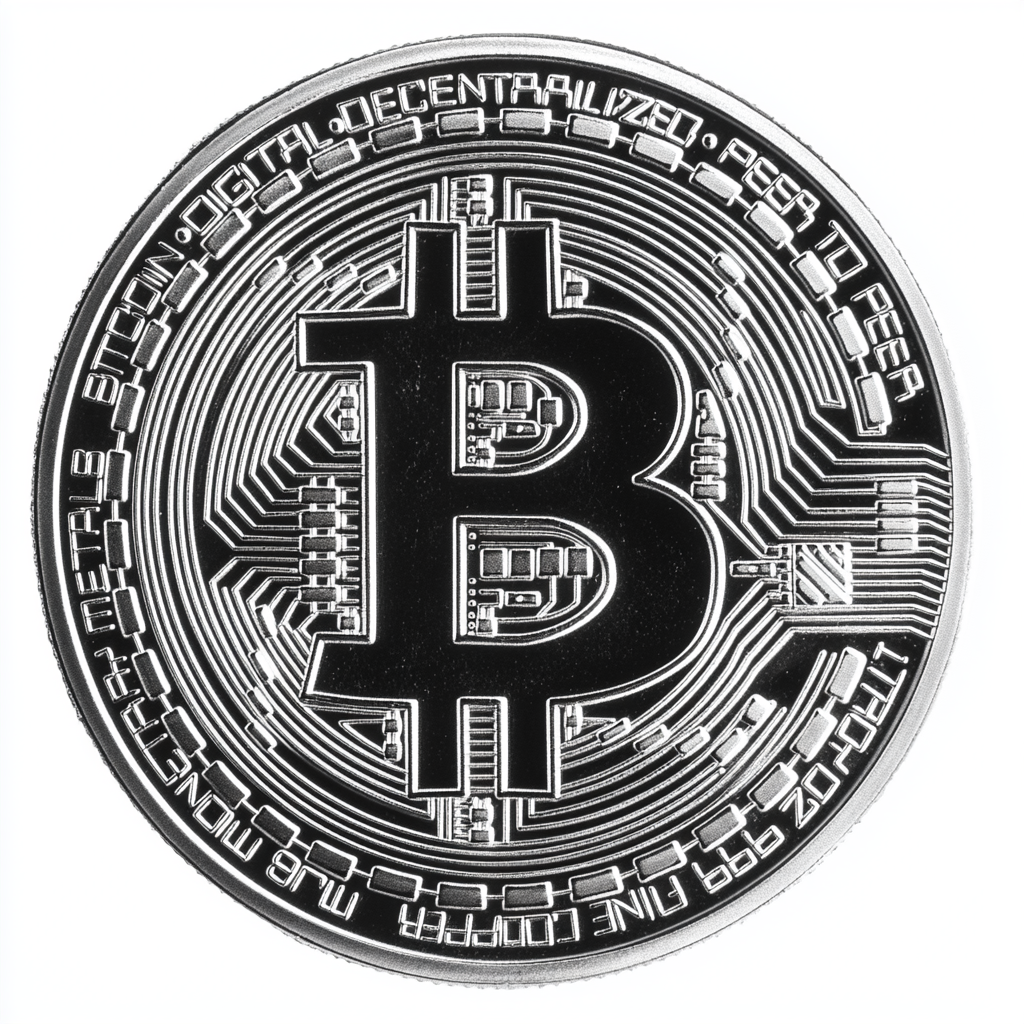While most discussions around Dogecoin focus on its financial implications, the cultural and social ripples it creates are just as revolutionary.

Once upon a time, in the vast and ever-evolving realm of digital currencies, there existed a coin that began as a light-hearted jest among crypto enthusiasts. This coin, known as Dogecoin, was conceived in 2013 as a playful parody of the cryptocurrency mania that was sweeping the globe. Little did its creators know that this light-hearted venture would snowball into a phenomenon that would profoundly alter the landscape of personal finance, community engagement, and even national policies.
As the world watched in amusement, Dogecoin ascended from being a mere punchline to becoming a formidable force in the digital currency market. Its price soared to unprecedented heights, captivating the attention of both seasoned investors and newcomers alike. This unexpected surge propelled Dogecoin into the mainstream, sparking conversations about its potential to revolutionise the way we engage with finance and community.
At its core, Dogecoin is a decentralised cryptocurrency that operates on the blockchain technology. This decentralised nature grants it autonomy from central authorities, such as banks or governments, and enables direct peer-to-peer transactions. As a result, Dogecoin boasts lower transaction fees and faster processing times compared to many other cryptocurrencies.
One of the most striking aspects of Dogecoin is its vibrant and engaged community. United by a shared passion for the coin and a penchant for light-hearted fun, this community extends far beyond the realm of digital currencies. It fosters meaningful social interactions, charitable initiatives, and grassroots movements that often go unnoticed by the mainstream.
Dogecoin's mascot, the Shiba Inu dog, serves as a potent symbol of this community spirit. It has inspired diverse charitable endeavours, such as sponsoring a Jamaican bobsled team for the Winter Olympics and spearheading clean water initiatives in Kenya. These initiatives showcase the collective力が of a community rallying behind a meme-based currency to generate tangible good in the world.
However, this unique blend of humour and humanitarianism has also sparked a broader discussion. Some contend that a meme coin trivialises serious causes, while others argue that it democratises philanthropy. This debate highlights the multifaceted nature of Dogecoin and its ability to simultaneously evoke laughter and inspire collective action.
The volatility of cryptocurrency markets also plays a role in Dogecoin's narrative. As a meme coin, Dogecoin attracts a diverse range of individuals, including many newcomers. While this contributes to the coin's playful and light-hearted atmosphere, it also raises concerns about financial literacy among those entering the market.
Despite being a decentralised entity, Dogecoin's success has attracted the attention of regulatory bodies. As the coin continues to gain mainstream adoption, it poses a unique challenge to regulators due to its comedic origins and decentralised structure. This dynamic creates a delicate balance between fostering innovation and ensuring consumer protection.
While Dogecoin began as a light-hearted jest in the realm of digital currencies, its journey has come to embody a broader narrative of technological advancement, community engagement, and the evolving definition of value. As we continue to navigate the ever-shifting landscape of the digital age, Dogecoin's story serves as a captivating and thought-provoking tale that blurs the lines between comedy, currency, and collective力が.
The above is the detailed content of The Unexpected Ripples of Dogecoin Beyond Finance: Unveiling the Unseen Impact. For more information, please follow other related articles on the PHP Chinese website!




